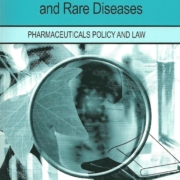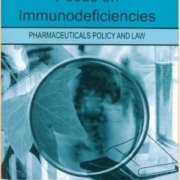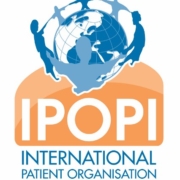Health Technology Assessments (HTAs) and Rare Diseases Therapies
IPOPI’s recently released a co-edited issue of Pharmaceuticals Policy and Law in collaboration with Professor Jose-Luis Valverde (University of Granada, Spain) looking at Health Technology Assessments (HTAs) and Rare Diseases Therapies.
Health Technology Assessments (HTAs) in Europe and similar assessment procedures in other regions such as comparative effectiveness in the United States, are increasingly being used to measure the clinical efficacy and cost effectiveness of health technologies. Ultimately these mechanisms are also in place to control healthcare budget expenditure.
The topic of HTAs has become in recent years increasingly debated in various international fora and it has become obvious that in order for such processes to be transparent, unbiased and carried out in a robust manner, the involvement of key stakeholders such as patient organization representatives, physicians, health economists and industry representatives amongst others is absolutely necessary.
This is particularly relevant in the case of rare diseases therapies. There are indeed many hurdles that come into play when assessing rare diseases therapies such as the unavailability of Randomised Clinical Trials (RCTs) due to the small patient populations and the seemingly high cost of such therapies.
This edition of Pharmaceuticals Policy and Law seeks to provide an international overview of these challenges by outlining the viewpoints of key expert stakeholders in the field.




